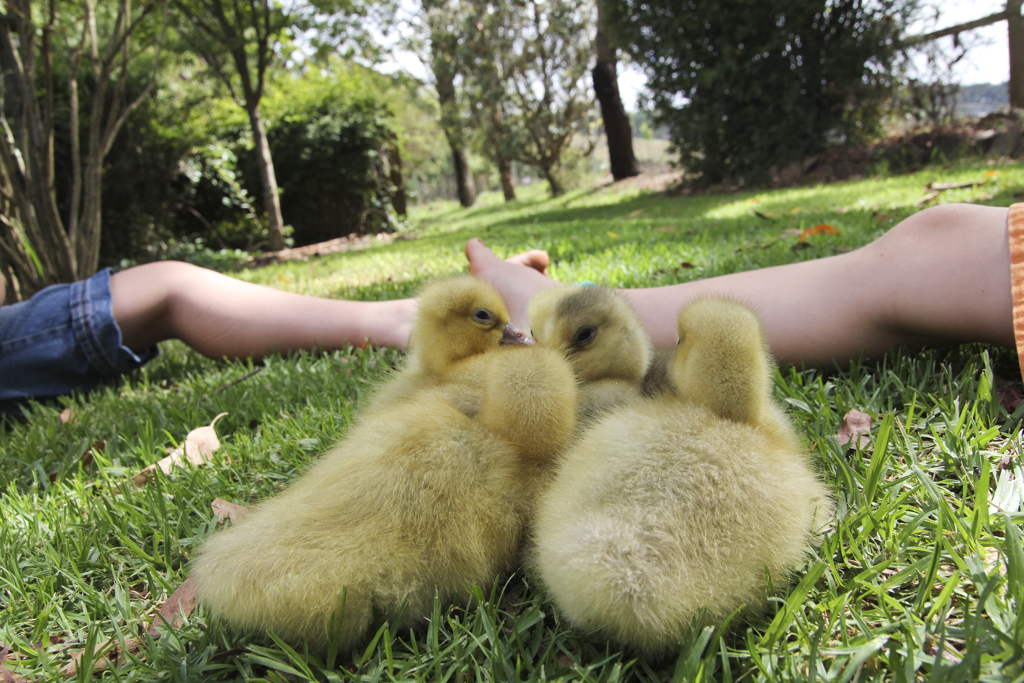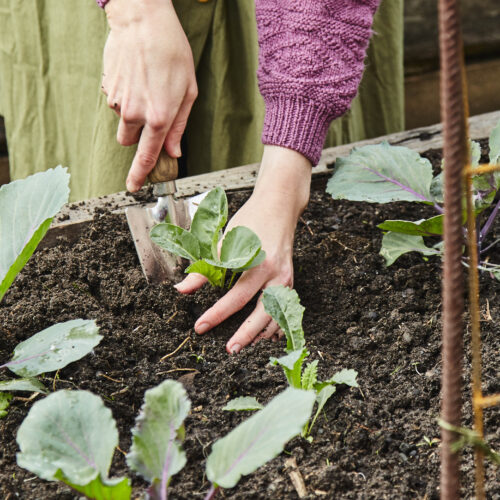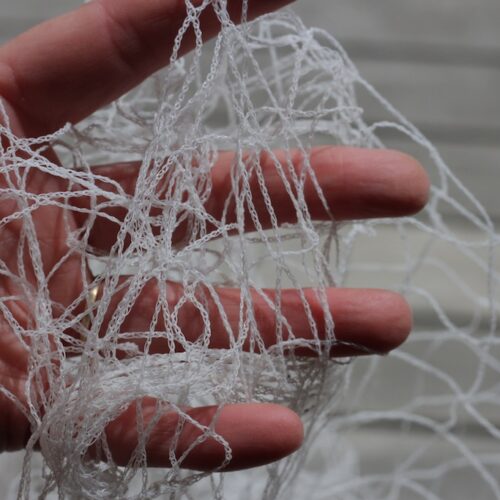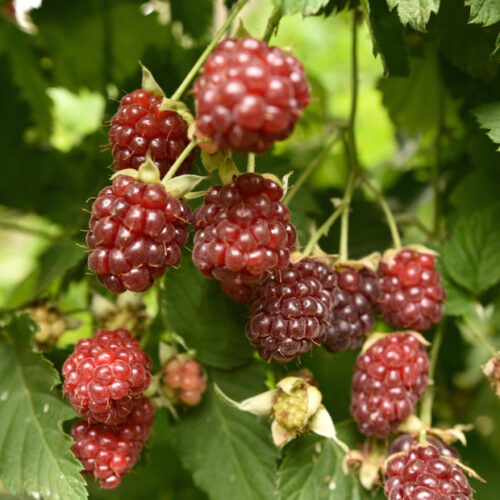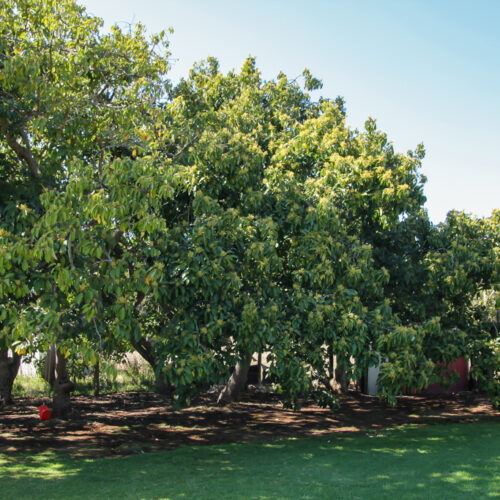Jobs for January
2013-12-19T05:55:49+11:00
Summertime, and the gardening's easy. JUSTIN RUSSELL lists his jobs for January, including tips on slug control, safe use of pyrethrum sprays and backyard geese.
- Heading on holidays in January and looking for some strategies to help your garden survive? You won’t find them here. Few gardens can cope with weeks of neglect during a hot summer. Instead, I suggest you do some community building – ask a neighbour to keep an eye on the garden for you while you’re away. In return, let them keep any produce, fruit or eggs that are available, and offer to look after their garden when they go away. Remember…it takes a village!
- The best general organic insecticide for serious insect outbreaks is pyrethrum. But not all pyrethrum products are organic. Some contain synthetic pyrethroids, while the best products contain pure extract from the pyrethrum daisy. Note that as a general insecticide pyrethrum doesn’t discriminate – it will kill the good guys, along with the bad. Spray when beneficial insects aren’t as active and spot spray larger bugs on sight.
- During heavy rainfall events, gross feeders such as citrus trees can get a bit hungry. If yellowing leaves become evident, give the plants a boost with organic fish fertiliser, supplemented by seaweed extract to help provide trace elements.
- Snails and slugs are also problematic during January wet spells. I’ve tried beers traps, coffee grounds, coffee sprays and other control strategies, but the simplest and most effective has been pellets containing the active ingredient Iron EDTA. This is an approved organic input, and has low toxicity to pets and wildlife. Even so, it pays to apply such products intelligently. Use fencing or nets to keep animals away from baited garden beds.
- With summer in full swing, sunflowers assume the mantle of the garden’s showiest plants. I grow heirloom varieties such as Italian White and Evening Sun, which produce multiple flowers per plant. The larger single headed flowers are show stoppers, but they also make great feed for chooks. Just cut a mature head and throw it to your birds – they’ll peck away at the seeds all day.
- Geese are excellent livestock in larger gardens. They provide a valuable source of manure, and being grazers (grass makes up about 70 percent of a goose’s diet), they will help keep your lawns naturally mown. Unlike chooks, geese don’t scratch, so they are low impact on gardens. Just provide predator proof housing at night, a handful of grain per bird morning and afternoon, and plenty of water. A pond isn’t essential but a deep water dish (deep enough for the birds to dunk their heads) is. Geese raised from goslings are friendly and inquisitive.
- If you garden in a warm temperate to tropical climate, why not grow your own coffee. The bushes are beautiful plants in their own right, easy to care for, and make a wonderful productive hedge in full sun or dappled shade. Each bush will produce a surprising number of beans, and processing is easy once you know how. Try growing from a green bean, or look for named varieties at nurseries and online suppliers.

